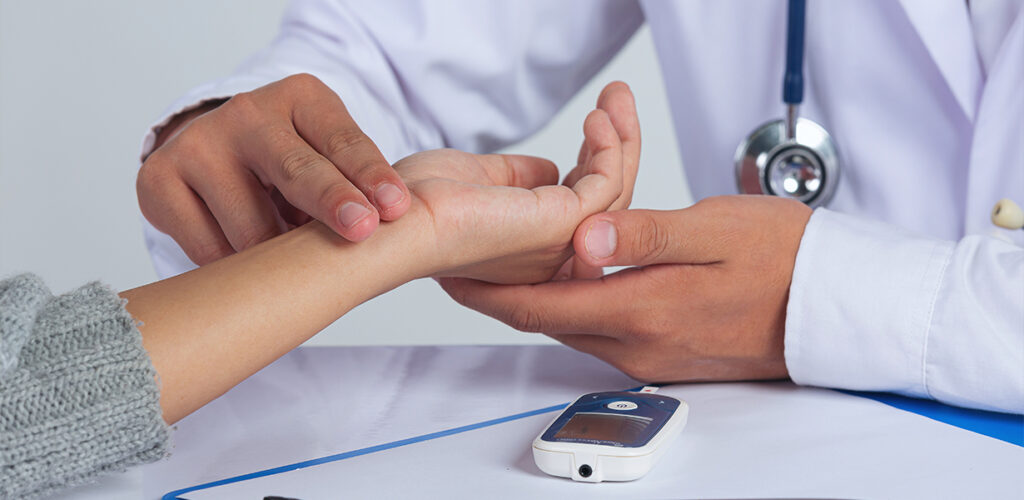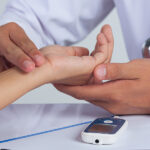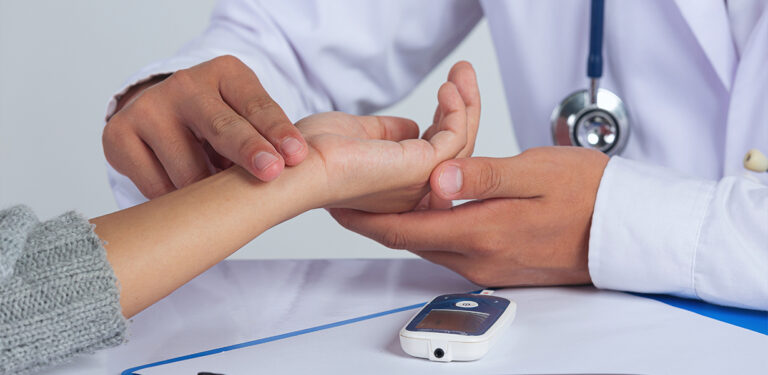Heart Disease in Women Over 40: Signs, Risks, and Prevention
When we think of heart disease, the image that often comes to mind is a man clutching his chest in pain. But did you know that heart disease is the leading cause of death among women worldwide? What’s even more alarming is that women are more prone to a lesser-known but equally dangerous condition called Coronary Microvascular Disease (CMD). Unlike the classic heart disease that affects large arteries, CMD impacts the small vessels of the heart, and it tends to go undiagnosed for far too long, especially in women.
Here is what you should understand: why women are more susceptible to CMD, what symptoms to watch for, and how you can protect your heart. Plus, hear from leading cardiac expert Dr. Udgeath Dhir on how early diagnosis can save lives.
What is Coronary Microvascular Disease (CMD)?
Coronary Microvascular Disease is a condition where the small arteries of the heart (microvasculature) do not function normally. These vessels may spasm or fail to dilate properly, restricting blood flow to the heart muscle and causing chest pain and other symptoms. Unlike traditional coronary artery disease, which involves plaque build-up in larger arteries, CMD is more subtle and harder to detect with standard tests.
Why Are Women at Greater Risk?
1. Smaller Heart Vessels
One of the key reasons women are more prone to CMD is anatomical—women naturally have smaller coronary arteries than men. These smaller vessels are more susceptible to inflammation, spasm, and reduced blood flow.
Even when angiograms show “normal” results, women can still experience chest pain due to CMD. This often leads to misdiagnosis or a lack of diagnosis altogether, leaving many women untreated and at continued risk.
2. Hormonal Changes
Estrogen plays a protective role in cardiovascular health. However, during menopause, estrogen levels decline, increasing the risk of vascular dysfunction and inflammation. Hormonal fluctuations, particularly around menopause, are directly linked to the development of microvascular issues.
Women who experience early menopause or have hormone-related conditions like PCOS are at an even higher risk.
3. Higher Stress and Inflammation
Women tend to experience emotional stress differently from men. Chronic stress, anxiety, and depression are more prevalent in women and contribute significantly to vascular inflammation. This inflammation can impair the function of the small vessels in the heart, making them more susceptible to CMD.
Moreover, autoimmune diseases, which are more common in women (e.g., lupus, rheumatoid arthritis), further increase systemic inflammation, heightening the risk of microvascular damage.
Subtle Symptoms Women Must Not Ignore
CMD doesn’t always come with classic “heart attack” symptoms. That’s part of what makes it so dangerous. Many women chalk their symptoms up to stress, fatigue, or indigestion. But these could be silent warnings.
Common signs include:
- Chest discomfort or tightness (not necessarily sharp pain)
- Shortness of breath
- Extreme fatigue
- Dizziness or lightheadedness
- Nausea or indigestion
- Pain in the neck, jaw, back, or shoulders
If you experience any of these, especially during physical activity or emotional stress, it’s essential to seek medical attention immediately.
The Silent Danger: CMD Often Goes Missed
Standard tests for heart disease—like angiograms and stress tests—focus on large arteries. In CMD, since these arteries appear normal, doctors may mistakenly rule out heart disease.
Women often go through a frustrating cycle: symptoms → tests → “everything looks fine” dismissal. This leads to delayed diagnosis, untreated symptoms, and increased risk of heart attacks or heart failure down the line.
That’s why listening to your body and advocating for thorough cardiovascular assessments is critical.
How to Protect Your Heart
While some risk factors like genetics and age can’t be changed, many lifestyle habits can significantly reduce the risk of CMD and other forms of heart disease.
1. Manage Blood Pressure & Cholesterol
High blood pressure and elevated LDL cholesterol are major risk factors. Regular screenings and, if necessary, medications can help keep these levels in check.
2. Stay Active
Aim for at least 150 minutes of moderate aerobic exercise per week. Walking, swimming, yoga, or cycling can improve circulation, strengthen your heart, and reduce inflammation.
3. Adopt a Heart-Healthy Diet
Opt for:
- Leafy greens, fruits, and whole grains
- Healthy fats (like nuts, olive oil, and avocado)
- Lean proteins
- Minimize salt, sugar, and processed foods
The Mediterranean diet is often recommended for its heart-protective benefits.
4. Reduce Stress
Incorporate mindfulness practices such as:
- Meditation
- Deep breathing
- Journaling
- Spending time in nature
Don’t hesitate to seek professional help if you’re struggling with chronic anxiety or depression.
5. Quit Smoking and Limit Alcohol
Smoking damages blood vessels and increases clot risk. If you smoke, quitting is the single best step you can take for your heart. Also, keep alcohol consumption to moderate levels.
Routine Screening is Key
Even without visible symptoms, women over the age of 40—or earlier if there’s a family history—should undergo regular heart health screenings. This includes:
- Blood pressure checks
- Lipid profile
- Blood sugar levels
- ECGs or stress tests (if symptomatic)
- Advanced imaging when CMD is suspected
If you’ve experienced persistent fatigue, shortness of breath, or chest discomfort, ask your doctor about specialized testing for microvascular disease.
Final Thoughts: Take Your Heart Seriously
CMD is a real and serious risk for women, and the consequences of ignoring it can be fatal. The good news? Early detection and lifestyle changes can dramatically reduce your risk and improve your quality of life. Knowledge is your first line of defense.
If you’re experiencing symptoms—or even if you’re just unsure—don’t wait. Prioritize your heart health today.
Expert Care Matters — Consult Dr. Udgeath Dhir
Your heart deserves expert attention. Dr. Udgeath Dhir, a renowned cardiovascular surgeon and heart health advocate, specializes in the early detection and treatment of complex heart conditions, including Coronary Microvascular Disease in women. With a patient-first approach and years of clinical excellence, Dr. Dhir and his team provide comprehensive care backed by advanced diagnostics and empathetic guidance.
Take the first step to protect your heart. Visit us for a consultation with Dr. Udgeath Dhir and ensure your heart is in expert hands.



